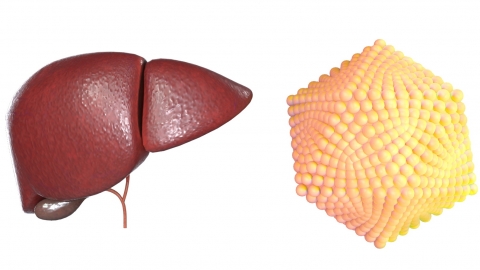Will the hepatitis B surface antigen change?
Under normal circumstances, the hepatitis B surface antigen (HBsAg) may change, and these changes are closely related to the status of hepatitis B virus infection, treatment effectiveness, and disease progression. If concerned, it is recommended to seek medical advice in advance. Detailed analysis is as follows:

During acute hepatitis B virus infection, HBsAg typically becomes positive early in the infection. As the body's immune system clears the virus, this indicator may gradually turn negative in some patients, indicating recovery from the disease. However, for patients with chronic hepatitis B or virus carriers who do not receive standardized treatment, HBsAg may remain positive for a long time, and the levels might even increase due to active viral replication.
For chronic hepatitis B patients undergoing antiviral treatment, if the treatment is effective, HBsAg levels will gradually decrease, and some patients may achieve seroclearance with the development of antibodies, indicating a clinically cured status. However, if the treatment is not standardized or the virus develops drug resistance, the indicator may remain positive or even rebound, necessitating timely adjustment of the treatment plan.
Monitoring changes in HBsAg requires regular testing, and results should be interpreted in combination with other indicators such as liver function and viral load. Do not adjust treatment based solely on changes in a single indicator; always follow medical guidance to ensure effective disease control.






